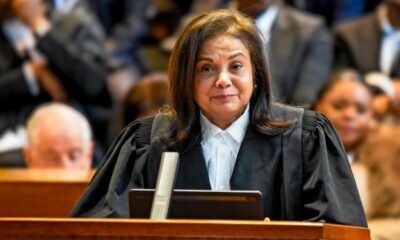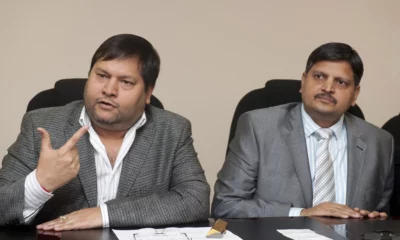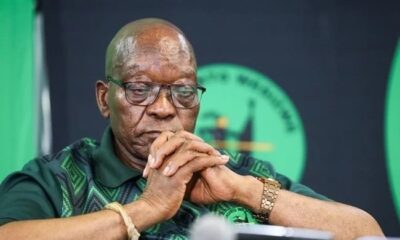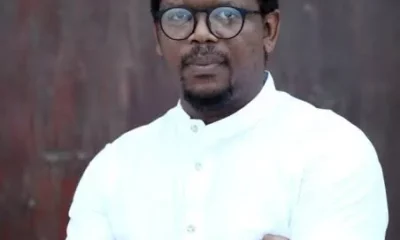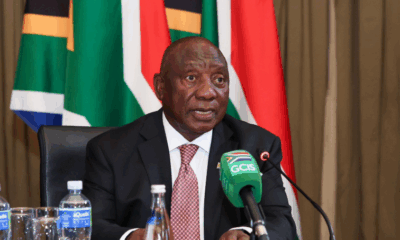News
How Duduzile Zuma-Sambudla’s Tweets Became a Flashpoint in the 2021 Unrest
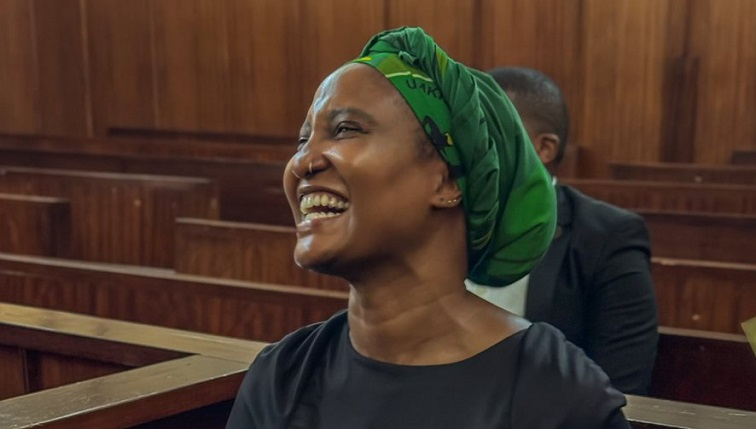
Tweets That Sparked Controversy
In July 2021, South Africa was gripped by violent unrest following former President Jacob Zuma’s surrender to the Estcourt Correctional Centre. Over days of chaos, social media became a weapon and at the center of a courtroom battle now is Duduzile Zuma-Sambudla, Zuma’s daughter.
Zuma-Sambudla is standing trial in Durban High Court, accused of using her tweets to instigate public violence. Social media law expert Emma Sadleir told the court that her analysis found “encouragement, jubilation, and celebration” of the unrest, which left the country reeling.
From Tweets to WhatsApp Groups
Sadleir’s testimony revealed a direct connection between Zuma-Sambudla’s posts and groups actively organizing unrest. Immediately after she posted videos or messages, these appeared in three WhatsApp groups ‘Free Jacob Zuma,’ ‘INK’ (Inanda, Ntuzuma, KwaMashu), and ‘eThekwini’ managed by individuals later linked to violence.
One striking example occurred on 9 July 2021. Zuma-Sambudla posted about violent incidents on the N2 near Empangeni, and within a minute, the same message circulated in the WhatsApp groups. Arrests followed.
“The interplay between her posts and the WhatsApp groups shows that her messages were used to perpetuate violence, even if she did not control who shared them,” Sadleir told the court. She added that her expertise in social media law has made her the go-to person for analyzing online incitement in legal cases.
The Debate Over Responsibility
While Sadleir stated plainly, “If I am asked whether the accused was an instigator, I would say yes,” the trial has also highlighted technical uncertainties. During cross-examination, Zuma-Sambudla’s lawyer, Advocate Dali Mpofu, suggested some tweets could have been generated by artificial intelligence.
Investigating officer Brigadier Jenine Steynberg acknowledged the possibility that fewer than five messages may have originated from a bot software that automates online posts but insisted that the language used in most tweets could not have been machine-generated.
Similarly, Major-General Gopal Govender admitted there was no direct link between Zuma-Sambudla and 164 other WhatsApp groups, though some participants followed her X (formerly Twitter) account.
Social Media and the Courts
The trial underscores a modern dilemma: how much responsibility should individuals bear for online content once it is shared by networks beyond their control? Social media platforms have blurred the line between free speech and incitement, particularly in politically charged environments.
Public reaction has been mixed. Many South Africans on X and other platforms argue that influential figures must be held accountable, while others warn that holding someone criminally liable for the viral spread of content sets a concerning precedent.
A Nation’s Unrest, Online and Offline
The 2021 unrest remains a painful chapter in South Africa’s history. The trial of Duduzile Zuma-Sambudla is not just about a series of tweets, it’s about understanding how social media can fuel real-world violence and the limits of personal responsibility in the digital age.
As the trial continues and cross-examinations unfold, the nation watches closely, weighing justice, accountability, and the power of a single post to inflame or influence a country already on edge.
{Source: IOL}
Follow Joburg ETC on Facebook, Twitter , TikTok and Instagram
For more News in Johannesburg, visit joburgetc.com

